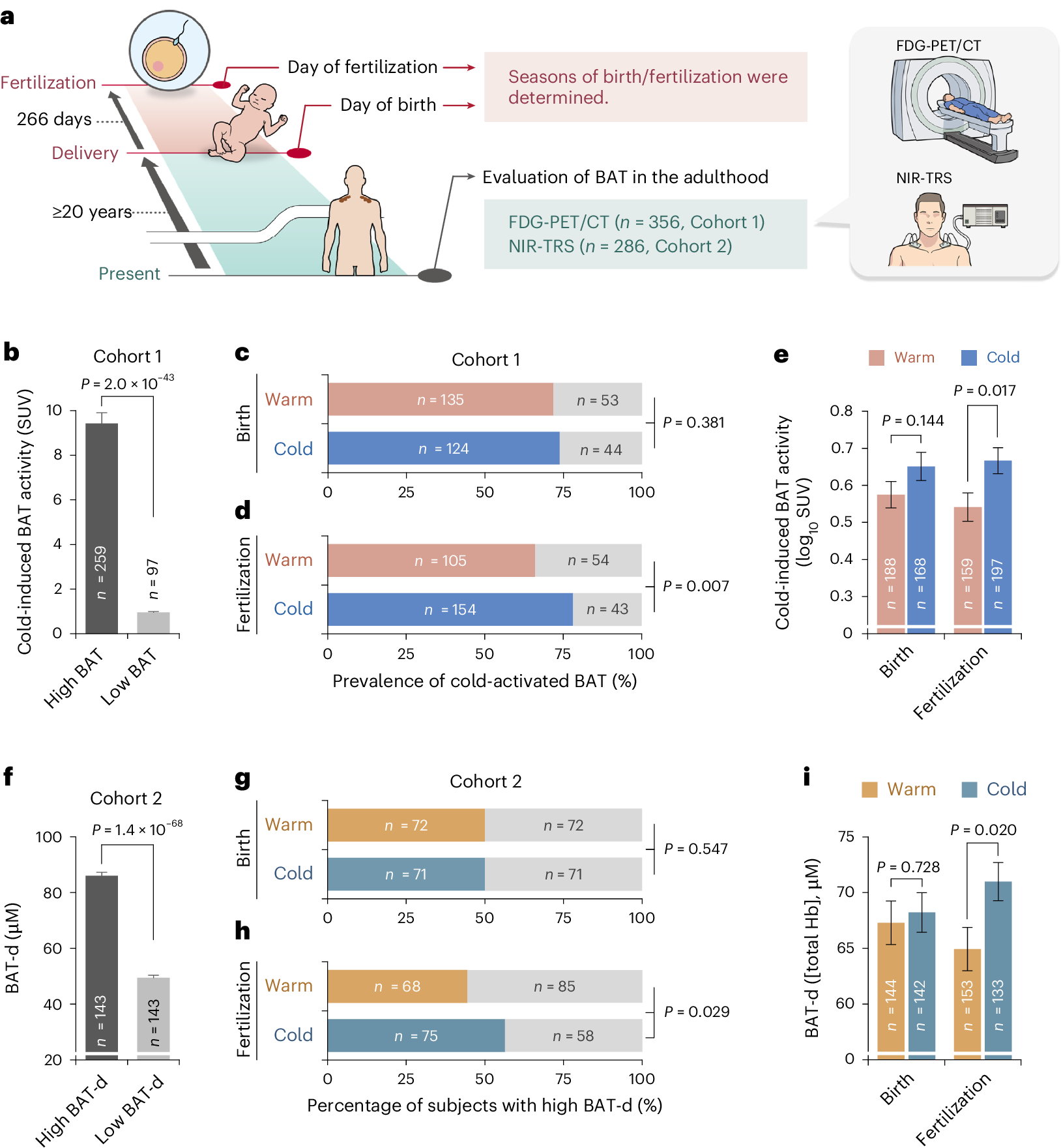2025-04-08 東京大学,立教大学,専修大学
 幼児教育は子どもの長期的な発達に寄与
幼児教育は子どもの長期的な発達に寄与
<関連情報>
- https://www.u-tokyo.ac.jp/content/400262422.pdf
- https://www.sciencedirect.com/science/article/abs/pii/S0047272725000519
普遍的幼児教育と思春期の危険行動 Universal early childhood education and adolescent risky behavior
Michihito Ando, Hiroaki Mori, Shintaro Yamaguchi
Journal of Public Economics Available online: 7 April 2025
DOI:https://doi.org/10.1016/j.jpubeco.2025.105353
Highlights
- Japan’s preschool reform reduced juvenile violent arrests and teenage pregnancies.
- No substantial rise in high school or college enrollment despite less risky behavior.
- Universal early education can yield lasting gains in low-maternal-education contexts.
Abstract
The evidence for the effects of early childhood education on risky behavior in adolescence is limited. This paper studies the consequences of an expansion of a universal preschool program in Japan. Exploiting regional differences in the program expansion, we estimate the policy effects using an event study model. Our estimates indicate that the preschool expansion significantly reduced juvenile violent arrests and the rate of teenage pregnancy, but did not increase high school enrollment or college enrollment rates. We suspect that improved non-cognitive skills can account for the reduction of risky behavior in adolescence.


